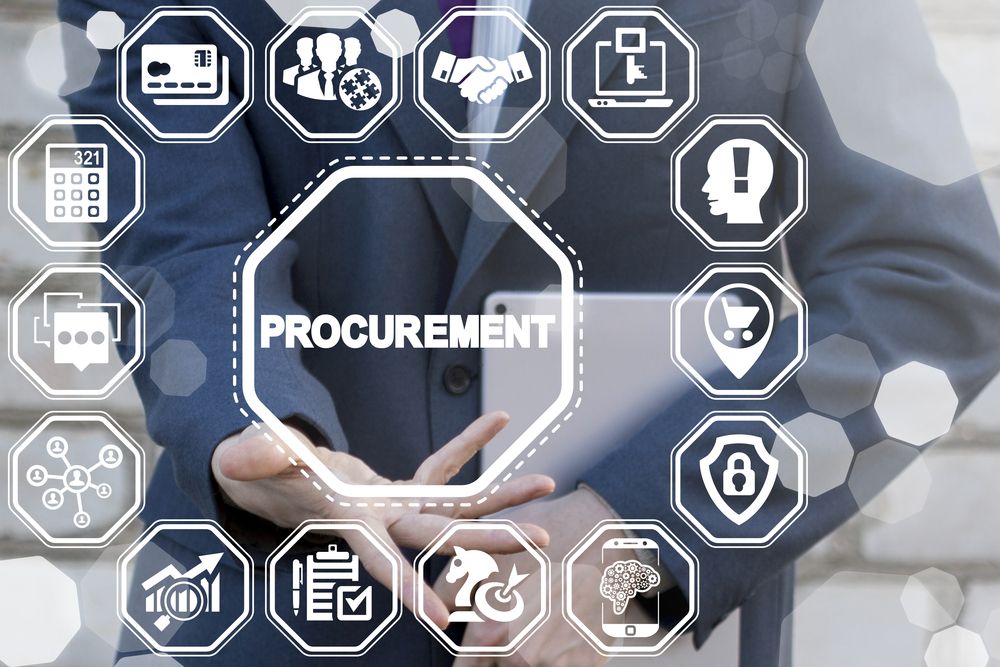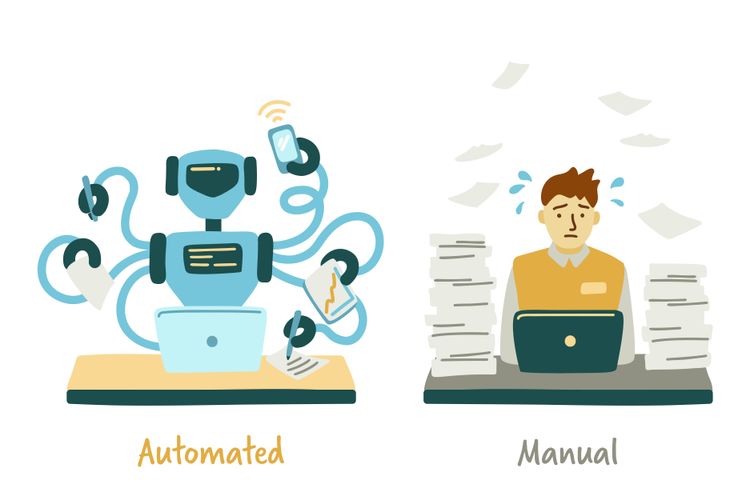Traditional models of offline commerce have fuelled the industrial economy for over 150 years. In today’s technology-driven world, these models are woefully inadequate at meeting needs and mitigating risks.
Traditional channels are prone to several risks, including –
Supply risks
Potential fraud
Supply crunch
Poor quality products
Delivery failures
Rogue or maverick spending (dark purchasing)
Runaway unaccounted procurement expenditures falling outside the purview of the defined process
Contracted work from vendors bypassing empanelling
Inadequate governance mechanisms causing significant losses due to purchases falling outside allocated capital outlay
Outdated technology and data causing loss due to inventory shortfalls or wastages due to excess inventory
As an MSME, it is important to be cognisant of the risks traditional models pose and stay ahead of the curve. E-commerce offers a convenient option for organisations in any industry looking to procure high volume, big-ticket goods like steel online. In India, e-commerce and procurement has long been a focus area for central and state governments, with an emphasis on utilising information technology to boost the MSME sector.
How does e-commerce work for MSMEs?
Electronic or Digital Commerce is the effective utilisation of online platforms and the worldwide web to make the purchase and sale of products significantly faster and less expensive for MSMEs. It differs from traditional commercial marketplaces as it typically involves a closed marketplace that provides access to suppliers only to registered, verified business users.
E-commerce systems create a direct link between MSMEs and suppliers, facilitating bidding, requests for information, requests for proposals, request for quotations, and purchase orders, with the help of a web interface. For larger organisations, e-commerce portals also offer a convenient way to conduct business-to-government purchases and supplies.
Here are 9 benefits of procuring steel digitally that MSMEs across India have realised by making the shift.
9 benefits of e-procurement for MSMEs buying steel
1. Improved ROI and cost savings
The single most important benefit of moving your purchase process online is the impact it has on cost reduction.Most e-commerce systems ship with inbuilt tools to standardise and reduce administrative overheads, and paperwork. Automated stages result in a streamlined workflow from order creation to order fulfilment.With a wide variety of products and services on offer from suppliers, MSMEs can further rationalise their costs by choosing the right product mix from different vendors. Maverick or out-of-contract spending, a serious source of losses for small to medium enterprises, can be eliminated with electronic commerce. All this results in a better return on investment on the business.
2. Improved inventory control
A robust electronic purchase system empowers your team to quickly locate products from preferred suppliers, while implementing checks and balances to limit the order size or multiple orders from a single supplier, allowing tighter control over your inventory. Such systems also provide comprehensive information on bid prices and supplier contacts, helping you edge out other buyers and optimise your inventory levels.
3. Better utilisation of in-house purchase departments
E-commerce portals are fairly declarative in functionality, allowing users considerable control and customisability. This helps procurement managers better organise workflows, achieving process efficiency. Procurement specialists using electronic platforms also do not need to be as highly trained as traditional specialists, since the standardised systems are easy to learn and use from the get-go.
This also frees in-house procurement departments from repetitive, manual, low-value tasks to focus instead on contract negotiations that have a direct bottom-line impact.
4. Eliminates laborious manual work





 +91 7208055523
+91 7208055523
 Help & support
Help & support
